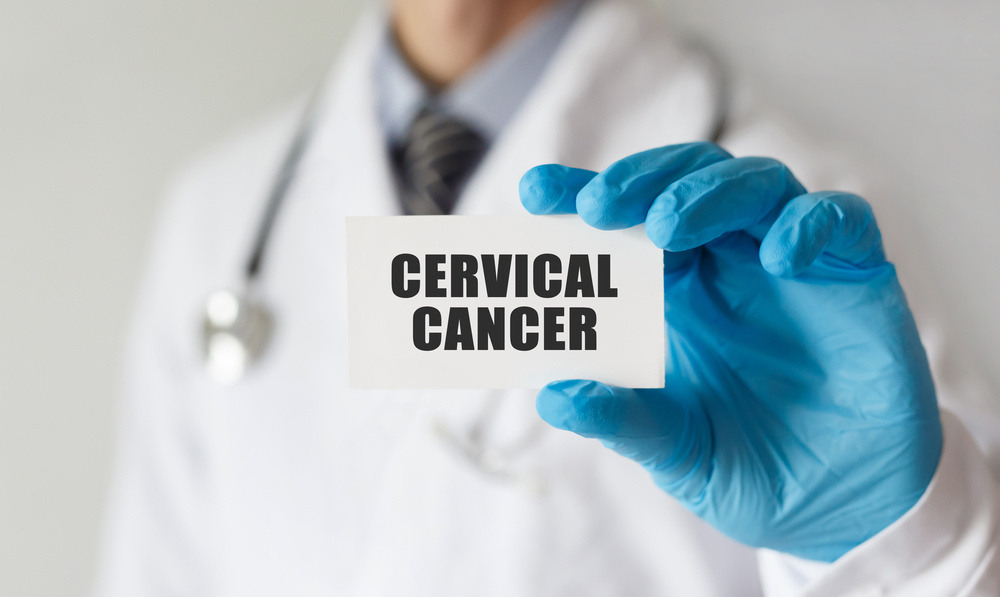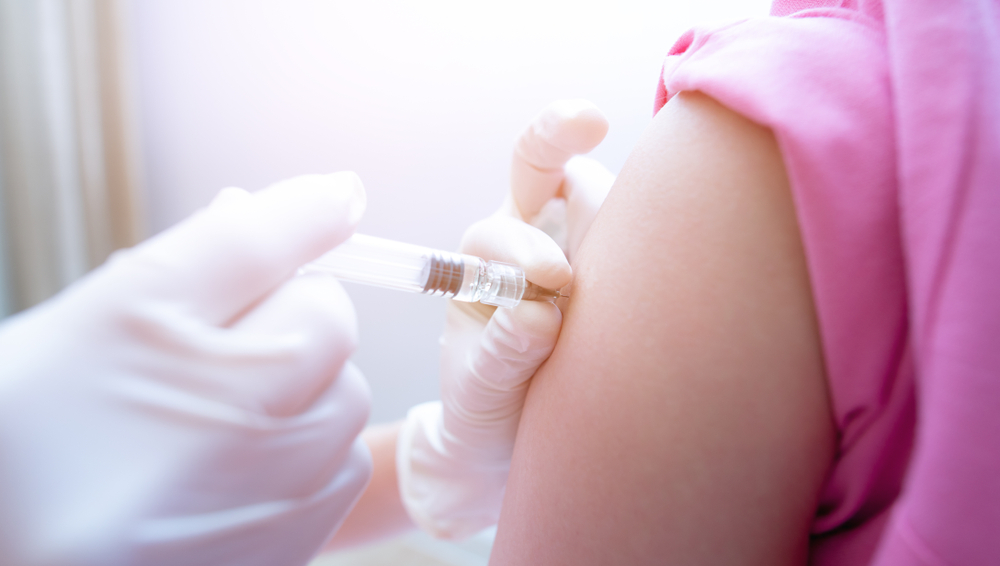
Cervical cancer is the second most common cancer among Filipino women after breast cancer. In its early stages, cervical cancer rarely has symptoms. Symptoms usually appear in advanced cervical cancer. These include:

The good news is that cervical cancer is highly preventable. Here are some ways you can lower your risk for cervical cancer:
Have regular Pap tests. Doing so will enable early detection of identification and treatment of precancerous cells to prevent them from becoming cancer.
Get tested for HPV. Infection with human papillomavirus (HPV) ups your risk of cervical cancer. Combining the Pap test with an HPV test (“co-testing”) strengthens the likelihood of detecting cervical cancer early.
Get the HPV vaccine. The HPV vaccine protects you from HPV types 16 and 18, which cause more than half of all cervical cancer cases.
Quit smoking. Smokers have double the chance of developing cervical cancer than nonsmokers.
Maintain a healthy weight. Studies have shown that overweight and obese women have a higher risk for cervical cancer.
Eat lots of fruits and vegetables, which contain cancer-fighting fiber and antioxidants.
Don’t use birth control pills for an extended period. Women who use oral contraceptives have an increased risk of developing cervical cancer. Fortunately, the risk drops quickly once they stop using the pill.
Talk with your doctor for more information on cervical cancer prevention and screening.
Shop at Watsons for prescription medications and other essential healthcare needs.
RECOMMENDED PRODUCTS
References: https://www.webmd.com/cancer/cervical-cancer/understanding-cervical-cancer-prevention. Accessed 23 February 2022 https://www.webmd.com/women/picture-of-the-cervix. Accessed 23 February 2022 https://www.philcancer.org.ph/wp-content/uploads/2017/07/2015-PCS-Ca-Facts-Estimates_CAN090516.pdf. Accessed 23 February 2022 https://gco.iarc.fr/today/data/factsheets/populations/608-philippines-fact-sheets.pdf. Accessed 23 February 2022 https://www.webmd.com/cancer/cervical-cancer/news/20030714/obesity-raises-cervical-cancer-risk. Accessed 23 February 2022 https://www.webmd.com/sex/birth-control/news/20071108/pill-raises-cervical-cancer-risk. Accessed 23 February 2022
Blood pressure (BP) is the pressure exerted by the blood as it pushes against the walls of our arteries, which […]
Overweight and obesity are defined as abnormal or excessive fat accumulation that presents a risk to health. A body mass […]
Around 27 million Filipino adults are overweight or obese, according to the latest National Nutrition Survey conducted by the Food […]